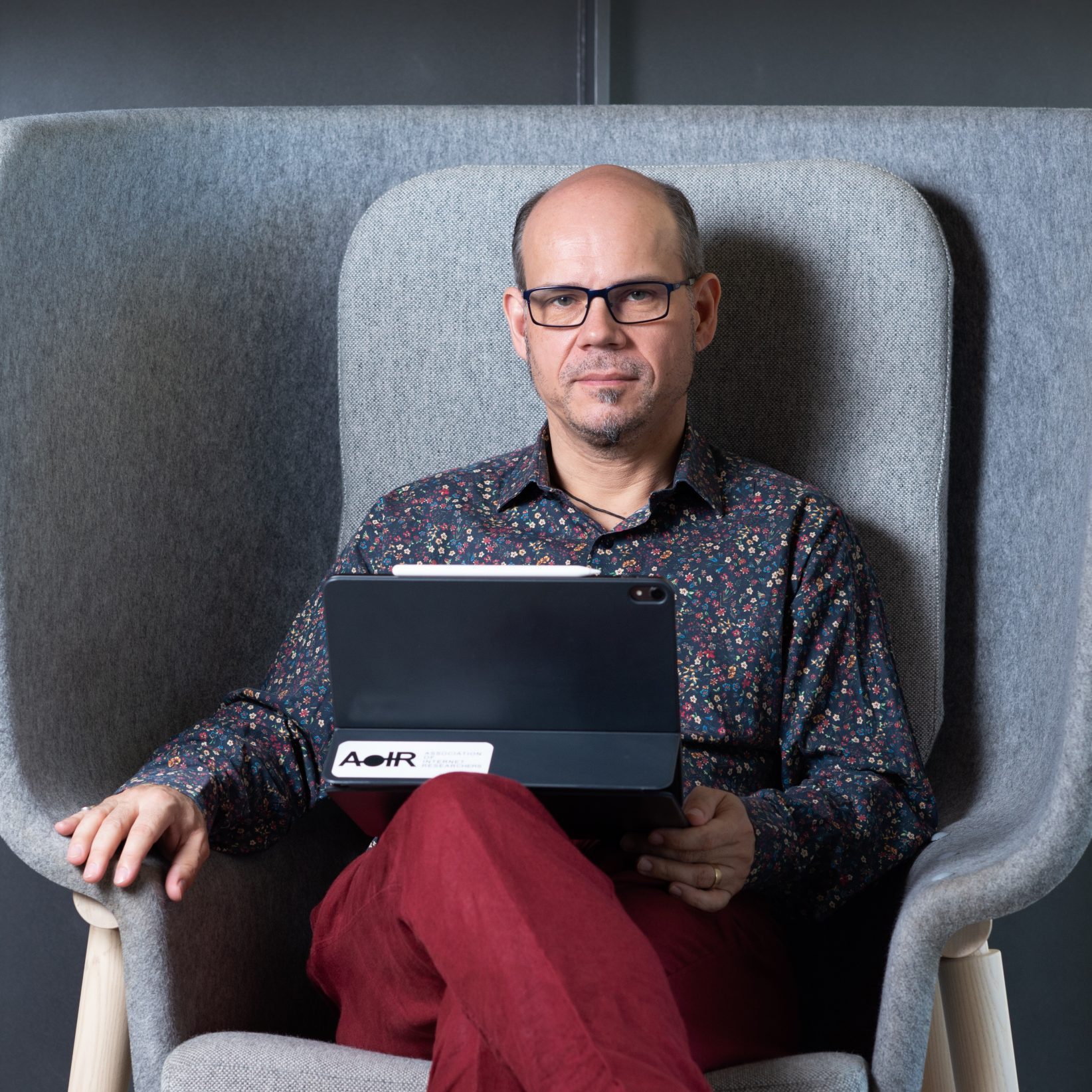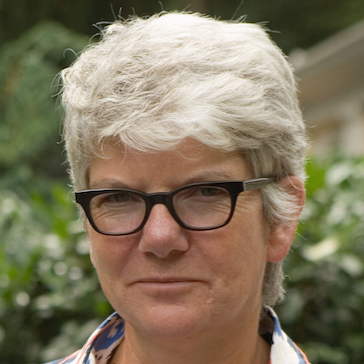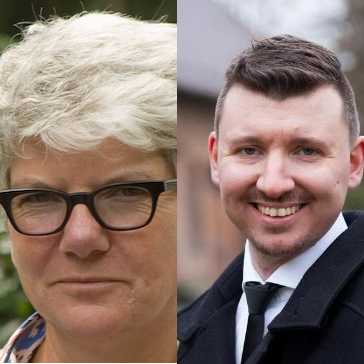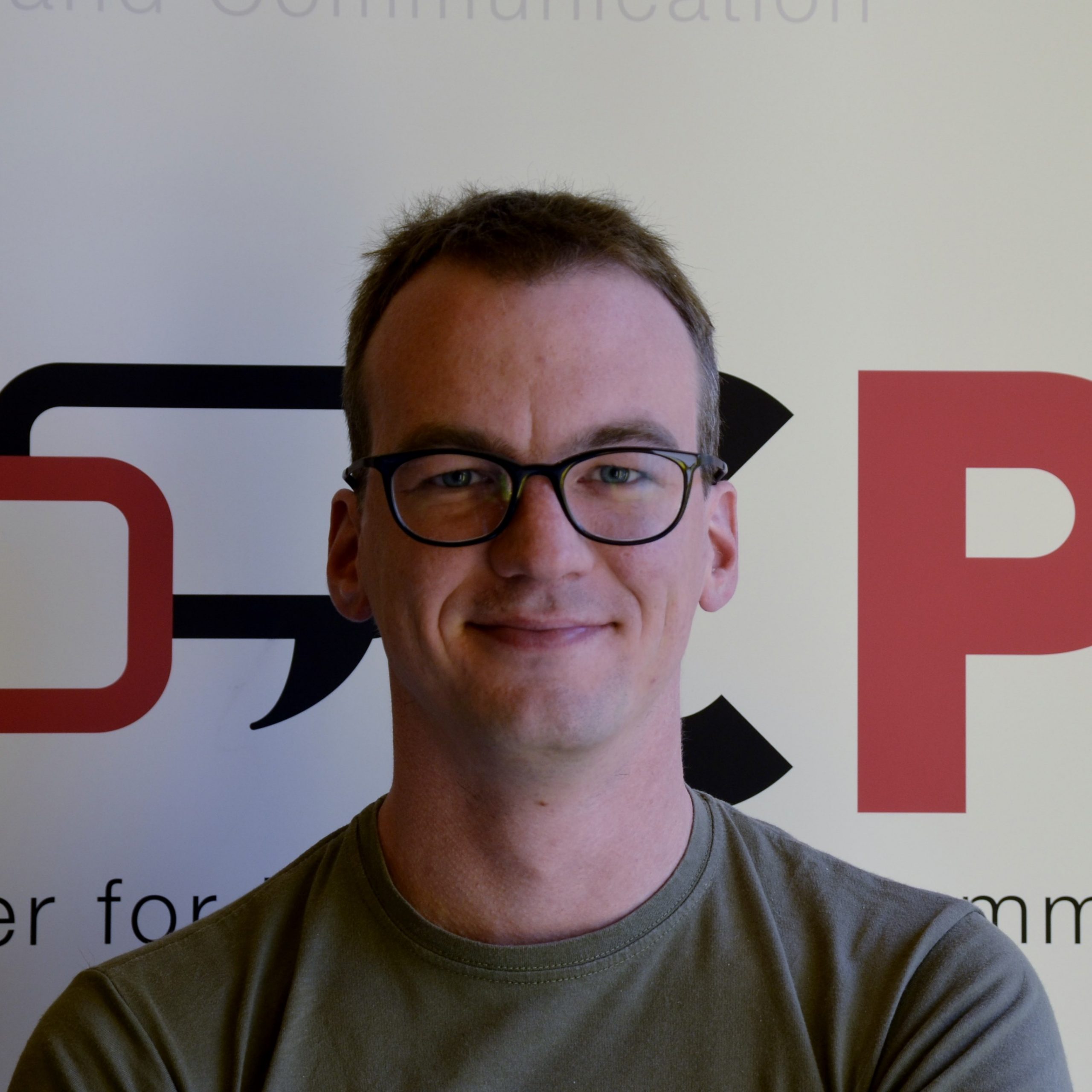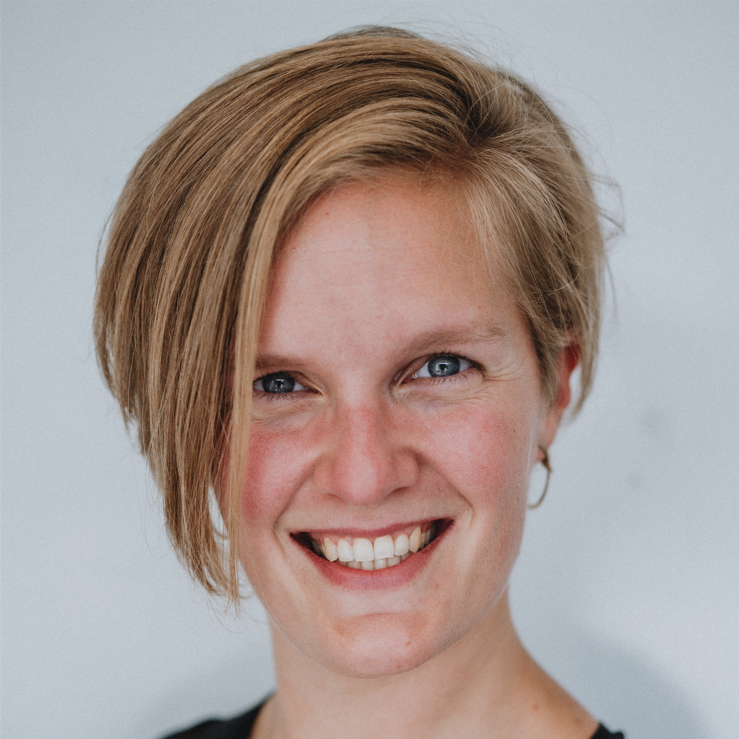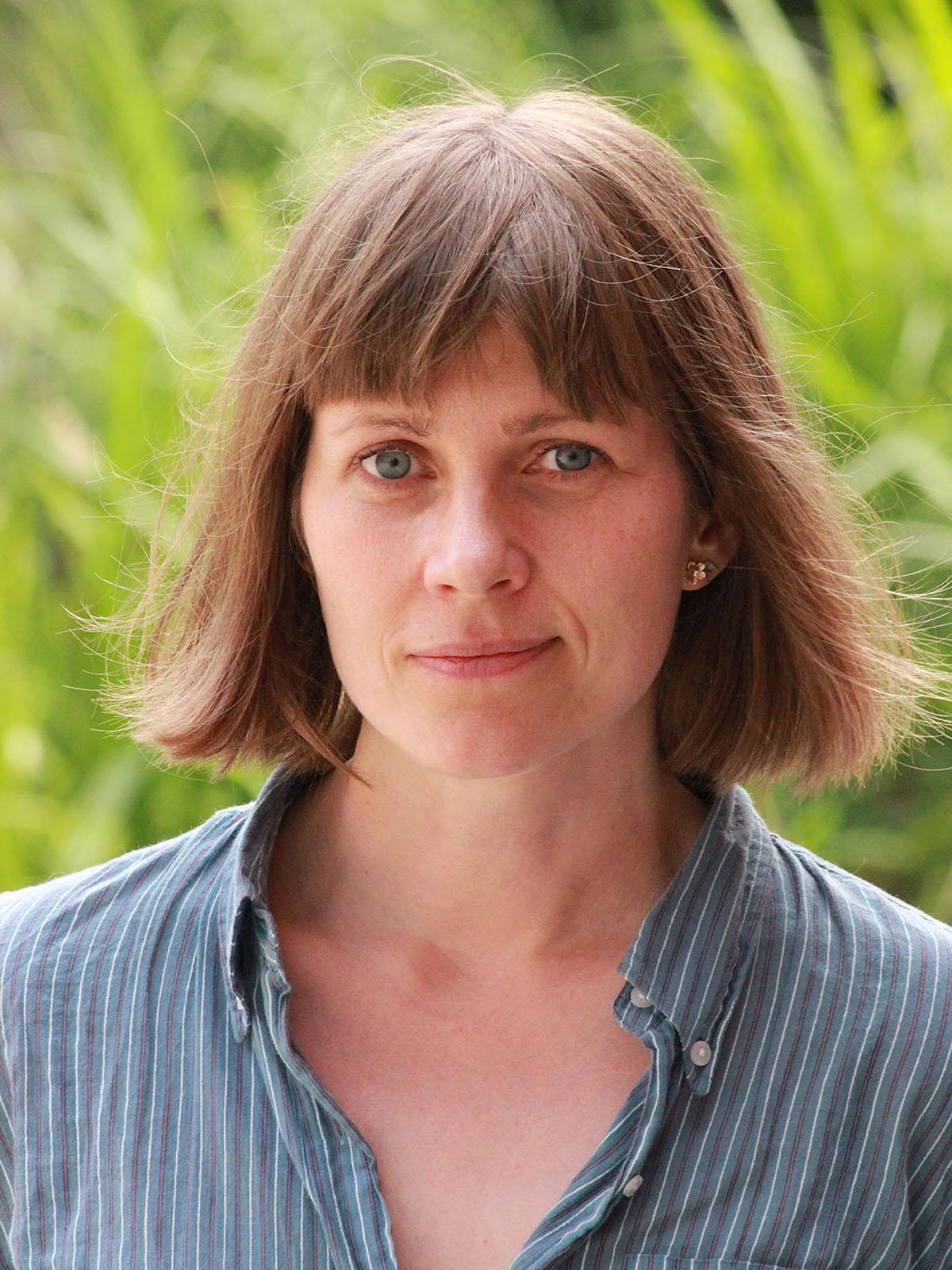Seminar: Are Filter Bubbles Real? Axel Bruns, QUT
OnlineABSTRACT: The success of political movements that appear to be immune to any factual evidence that contradicts their claims – from the Brexiteers to the ‘alt-right’, neo-fascist groups supporting Donald Trump – has reinvigorated claims that social media spaces constitute so-called ‘filter bubbles’ or ‘echo chambers’. But while such claims may appear intuitively true to politicians and journalists – who have themselves been accused of living in filter bubbles –, the evidence that ordinary users experience their everyday social media environments as uniform and homophilous spaces is far more limited. For instance, a 2016 Pew Center study has shown that only 23% of U.S. users on Facebook and 17% on Twitter now say with confidence that most of their contacts’ views are similar to their own. 20% have changed their minds about a political or social issue because of interactions on social media. Similarly, large-scale studies of follower and interaction networks on social media show that such networks are often thoroughly interconnected and facilitate the flow of information across boundaries of personal ideology and interest, except for a few especially hardcore partisan communities. This talk explores the evidence for and against echo chambers and filter bubbles. It moves the present debate beyond a merely anecdotal footing, and offers a more reliable assessment of this purported threat.
Seminar: Exploring media experience: why is it important to media innovation? Irene Costera Meijer, Vrije Universiteit Amsterdam
OnlineABSTRACT: In today’s world, innovation appears to have replaced quality as the dominant concept in metajournalistic discourse. Innovation guards the distribution of financial resources - more investments in technology - and working conditions –more freelance journalists as a flexible workforce. Innovation also works as a distinctive mark of professional status and is at the center of antagonistic labor relations – e.g. the introduction of robot journalism.
The shift from quality discourse to innovation discourse involved a change in the journalistic perception of audiences: from being irrelevant (if not a negative concern) to being main targets.
Although the question of how to reach audiences seems to be still dominant, news organizations appear to become more open and sensitive towards finding out how to become valuable to audiences, how to open up their minds, how to broaden their horizon, and how to provide them with a quality experience that will enlighten them with reliable information considered worthwhile.
In this talk I will answer the question how innovation discourse and quality discourse may meet by focusing on what audiences experience as valuable journalism. I will demonstrate how it crystallized over the years into three key experiences: Learning something new, Getting recognition and Increasing mutual understanding.
Workshop on trust and distrust in news
OnlinePROGRAM:
10 min: Welcome and introduction
10 min: Irene Costera Meijer – How young people (18-34) and older people (45 +) differ in the way they deal with experiences of trust and distrust.
10 min: Erik Knudsen – Understanding trust in the media and its determinants.
30 min: Discussion – what role does news media trust play in MediaFutures?
MediaFutures Seminar: Modeling News Flows: How Feedback Loops Influence Citizens’ Beliefs and Shape Societies. Assoc. Prof. Damian Trilling.
Damian Trilling, Associate Professor at the University of Amsterdam, will give a seminar on 2 December, at 12:00. TITLE: Modeling News Flows: How FeedbackLoops Influence Citizens' Beliefs and Shape SocietiesWHEN: Thursday 2 December, 12:00-13:00WHERE: Zoom : https://uib.zoom.us/j/62205578637?pwd=azNkZ21UY3V6cE5KYTVJRGxmclZOQT09#successMeeting ID: 622 0557 8637Password: YT2sX3MZ ABSTRACT: In both public and scientific debates, many worry that the architecture of […]
MediaFutures Seminar: News diversity and recommendation systems: An interdisciplinary approach. Dr. Kristin Van Damme.
Dr. Kristin Van Damme, a senior researcher from Artevelde University of Applied Sciences, will give a seminar on 11 February at 12:00. TITLE: News diversity and recommendation systems: An interdisciplinary approach.WHEN: Friday 11 February, 12:00-13:00WHERE: Zoom - https://uib.zoom.us/j/68035691403?pwd=aGtEaVlVREx3MzFVM3diQlJGU1JCZz09Meeting ID: 680 3569 1403Password: pXe8JC3C ABSTRACT: Concerns about selective exposure and filter bubbles in the digital news environment have […]
MediaFutures Seminar: Media entertainment experiences among youth on global platforms. Marika Lüders, Professor at the University of Oslo
Marika Lüders, Professor at the University of Oslo, will give a seminar on 13 May, at 12:00. TITLE: Media entertainment experiences among youth on global platformsWHEN: Friday 13 May, 12:00-13:00WHERE: Zoom - https://uib.zoom.us/j/68002953641?pwd=WGU1ZGFKUTNMZlZ0a29GaVlrWFJuUT09 Meeting ID: 680 0295 3641 Password: PEw18sgA ABSTRACT: The media and platforms taken for granted by those born since the turn of the […]
MediaFutures WP1 DIGSSCORE-Workshop
WP1 DIGSSCORE-Workshop Open for all MediaFutures Partners. The first part will be in English, and the second part will be in Norwegian/Scandinavian. WHERE: Zoom - https://uib.zoom.us/j/65597060274?pwd=Q0huZm9EY2s4VGJCSWdMdVRwTGRkZz09 Part 1 (10:00 - 11:00) Introduction to DIGSSCORE 10:00-10:05: Welcome 10:05-10:45: Introduction to DIGSSCORE by Erik Knudsen: What is it and what can MediaFutures partners use it for? […]

